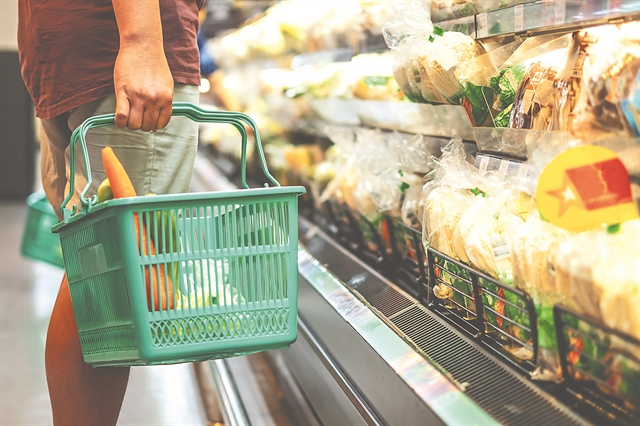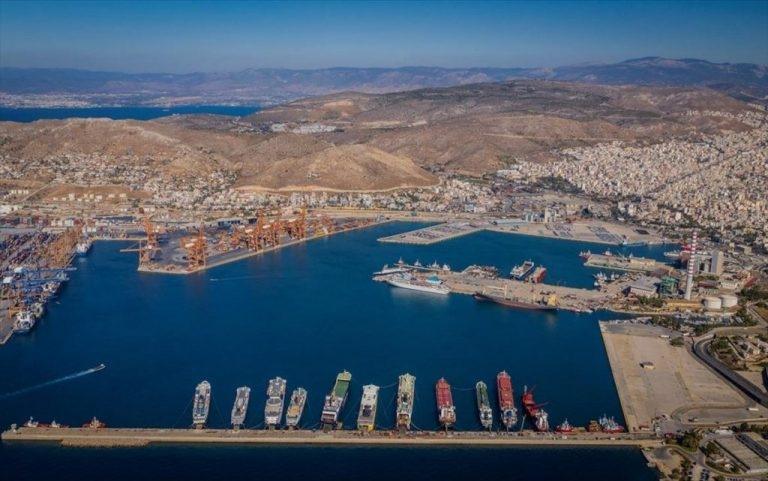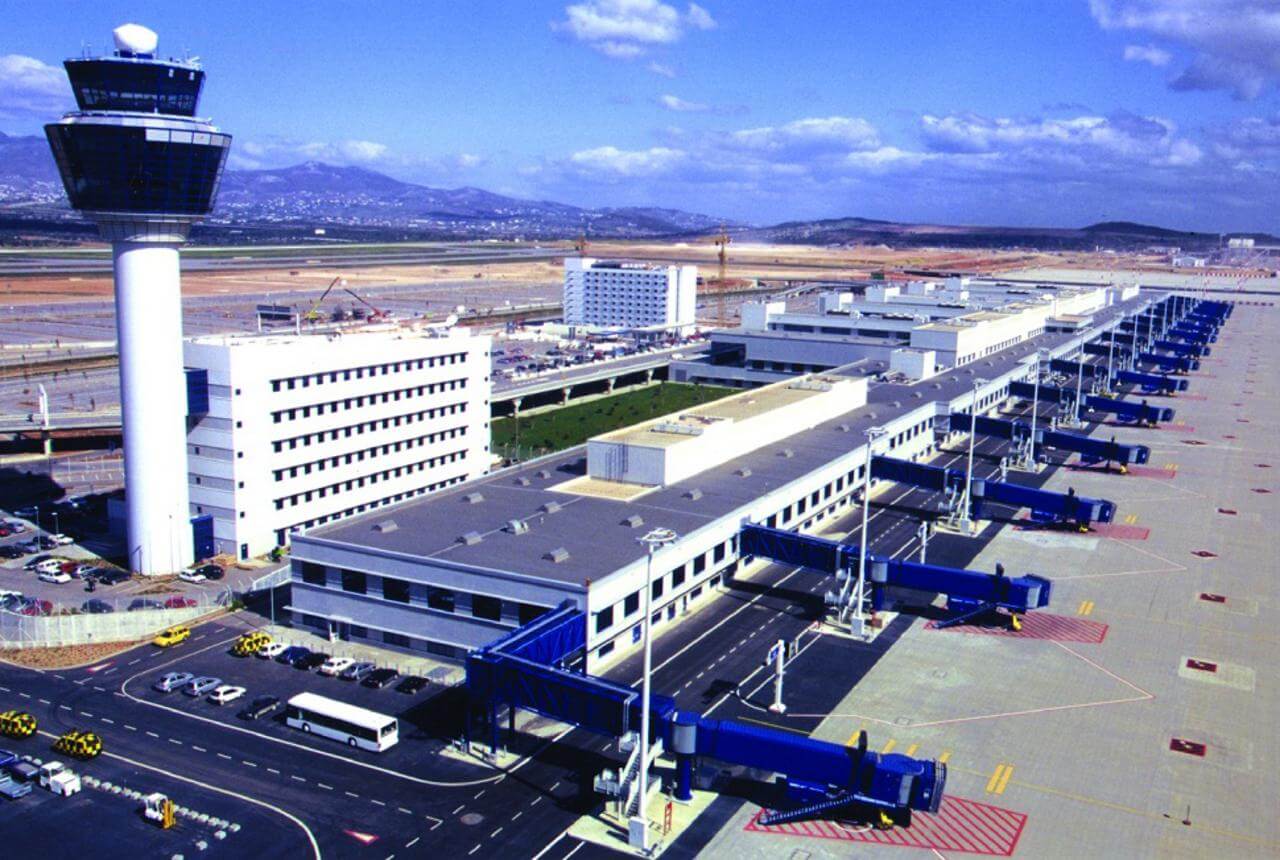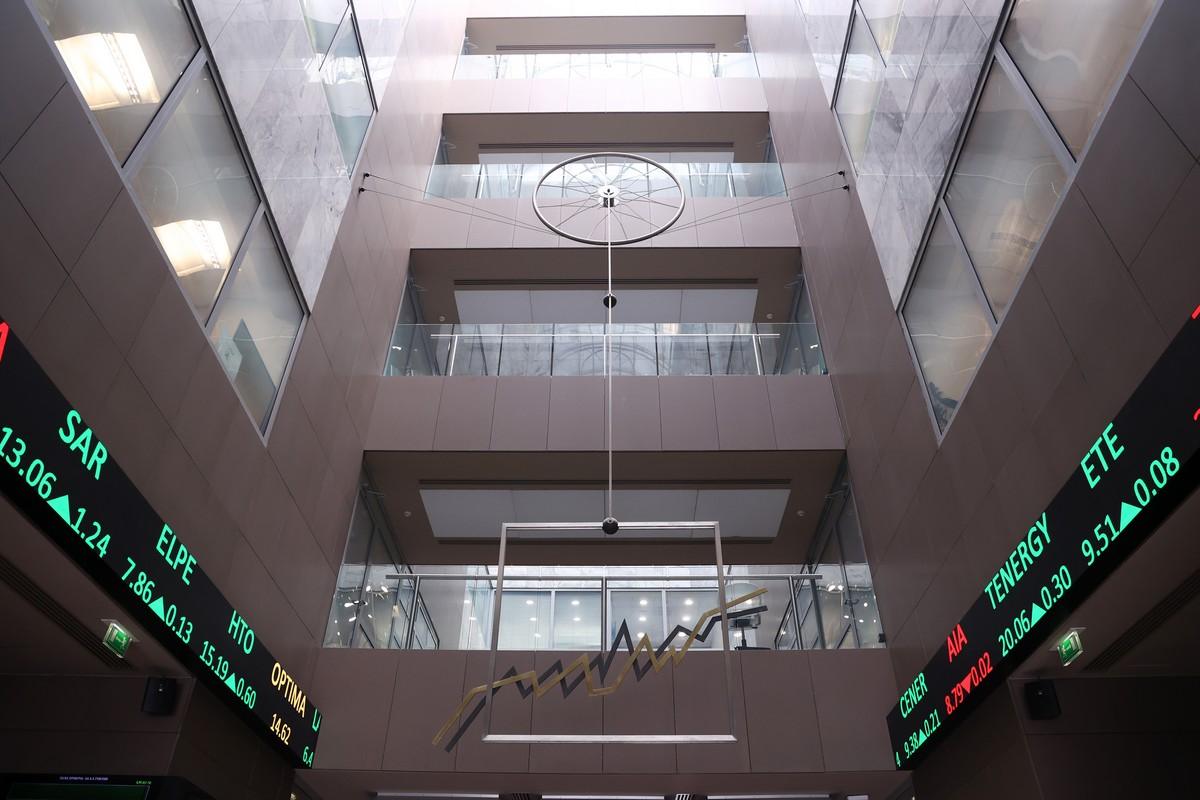Inflation from “transient”, as bankers and politicians characterized it a year ago, has now become “persistent” and the concern of retail and industry about the bottom line of balance sheets is intensifying. Not only for the current year, which has more or less “shown” how it will close, but mainly for 2023, which is predicted to be even more difficult.
The disposable income of the average household, disproportionately hit by energy costs and inflationary pressures, will determine consumption in the bleak winter ahead and already a key priority in the strategy of both supermarket chains and consumer goods suppliers is to maintain buying interest.
Difficult formula
This is a difficult formula. And this is because even in the food market, the main criterion for 6 out of 10 consumers is the monetary expenditure (according to research by the Consumer Goods Retail Research Institute). Hence the rise in sales of private label products, whose share from January to July 2022 reached 15.9% compared to 14.8% in the corresponding period of 2021.
Already in the seven months of January – July, sales in terms of volume fell from 1% in food to 6.5% in household items (detergents, cleaners, stationery, etc.), while turnover (sales in value) recorded an increase due to price increases, reaching 4.79 billion euros from 4.66 billion euros last year.
For 2022, it is estimated that supermarket sales in terms of value will close with a positive sign, with growth ranging between 2-4%. However, the increase will be due solely to continued price increases and not to an increase in real consumption, since sales volume is forecast to have a negative sign. In fact, some estimate that the losses in the volume will move in a high single digit rate, even up to 7%.
Running on empty
As things standt, keeping prices as competitive as possible in order to protect market shares means having to “sacrifice” part of the profits, which are already suffering losses due to energy costs.
Thus, the commercial policies of the chains are constantly readjusted, while it is chosen to give weight to energy saving investments, with the expansion movements temporarily “freezing”.
At the same time, consumer products companies are trying to absorb some of the increases in their operating costs. But no matter how much the “now above all… profits” adage is being set aside, no one wants to turn to losses.
In 2023, the majority of chains will not be able to demonstrate the same pricing policy, market analysts report. Already special offers have become an endangered species.
At the same time, it seems that suppliers are running out of patience, judging by the new price lists they send to supermarkets this season, as in many cases they include double-digit mark-ups from 10% to 35%.
Blows
Adjustments to the supermarket codebook, which is a practice already in place, carry the risk that small and medium-sized Greek industries will find it difficult to maintain a place on domestic shelves and compete with the economies of scale of large groups.
On the other hand, in the smaller chains of the organized retail trade, the energy cost eats up almost all profits, leaving aside transport and other costs, says an executive of a large retail company.

![Γραφείο Προϋπολογισμού: Το κατά κεφαλήν ΑΕΠ της Ελλάδας θα επιστρέψει στα επίπεδα του 2007 το…2033 [γραφήματα]](https://www.ot.gr/wp-content/uploads/2025/05/ot_greek_economy799-1024x600-1.png)








































